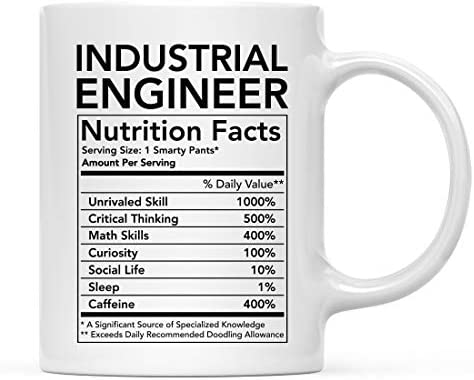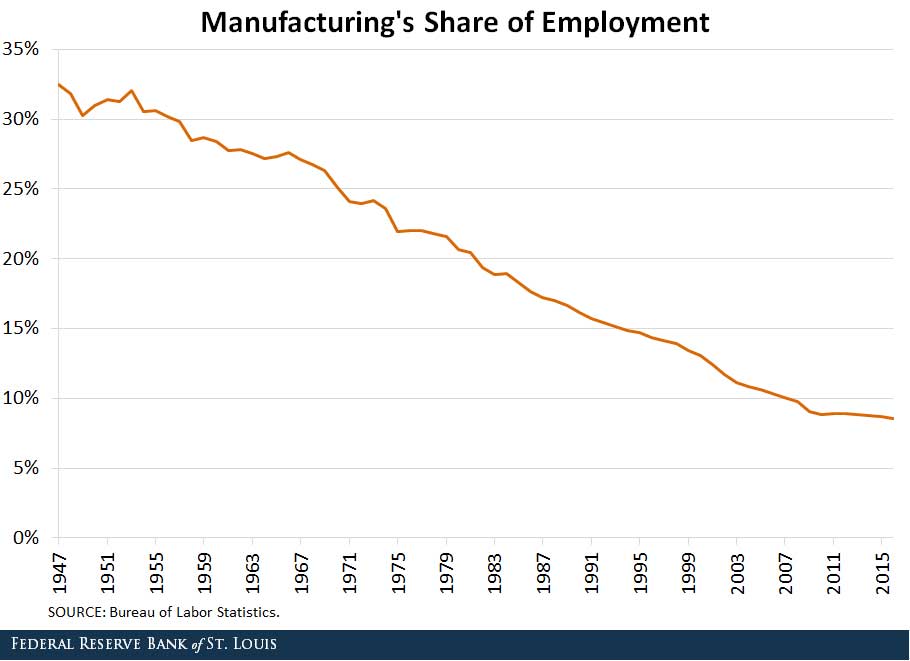
Industrial engineering jobs in Chicago can offer a variety of opportunities. It is therefore important to know what to study and how to get work. Here, you will discover a few common reasons to consider pursuing a career in industrial engineering. Read on to learn more about job descriptions, salary ranges, and educational requirements.
Job description
Industrial engineers are responsible for developing efficient systems to integrate machines, workers, and materials. Industrial engineers can work in many settings, such as offices and factories. They may also spend time observing workers to find ways to improve processes. These professionals typically have a bachelor's degree in industrial engineering or a related field. The median annual wage of industrial engineers was $95,300 as of May 2021.

Salary
To manage industrial processes, industrial engineers develop integrated systems. Some are not allowed to work in dangerous environments, such as mines. The BLS's Industrial Engineer Salary Survey compiles data on wages for workers in this occupation across the country. The data are accurate to the year as well as the state and include the percentage change in annual wages over five years.
Industrial engineering jobs in Chicago are typically more lucrative than those in other areas of the country. A job in this field requires a high level of interpersonal communication skills, analytical thinking, and technical expertise. Industrial engineers combine the skills they learned from several jobs to create a successful solution for a business. They usually manage complex industrial engineering projects and analyze data. These analyses can help improve production flow and standard times. They also create and implement strategies, such as Value Stream Mapping (VSM) and Bottleneck Analysis (BA).
Locations
Chicago is the ideal place to study industrial engineering if you are looking for a career. It has a wide variety of options and will allow you to use your diverse skill sets in many different industries. This field is very flexible. You can also see the benefits of your hardwork.
Education requirements
Industrial engineers should have a bachelor’s degree in a similar field and years of relevant experience. These professionals need to be able to communicate and analyze well. They must be able present information clearly and respond quickly to group members' questions. They must also have a good grasp of plane geometry and trigonometry.

These core skills are not enough. Industrial engineers also need to be able and able to communicate effectively to diverse audiences. They must also be ethical and aware of their responsibilities in all engineering contexts. They must be capable of making informed decisions regarding engineering solutions as well as considering their global implications. They must be able to collaborate and define goals and objectives. They must also be able analyze data and draw conclusions.
FAQ
What is the job of a production plan?
Production planners ensure all aspects of the project are delivered within time and budget. They ensure that the product or service is of high quality and meets client requirements.
Are there ways to automate parts of manufacturing?
Yes! Yes. The wheel was invented by the Egyptians thousands of years ago. Today, robots assist in the assembly of lines.
Actually, robotics can be used in manufacturing for many purposes. These include:
-
Automation line robots
-
Robot welding
-
Robot painting
-
Robotics inspection
-
Robots that create products
Manufacturing could also benefit from automation in other ways. For example, 3D printing allows us to make custom products without having to wait for weeks or months to get them manufactured.
What is the difference between a production planner and a project manager?
The primary difference between a producer planner and a manager of a project is that the manager usually plans and organizes the whole project, while a production planner is only involved in the planning stage.
What does warehouse mean?
A warehouse is an area where goods are stored before being sold. It can be an outdoor or indoor area. It could be one or both.
Statistics
- According to the United Nations Industrial Development Organization (UNIDO), China is the top manufacturer worldwide by 2019 output, producing 28.7% of the total global manufacturing output, followed by the United States, Japan, Germany, and India.[52][53] (en.wikipedia.org)
- Many factories witnessed a 30% increase in output due to the shift to electric motors. (en.wikipedia.org)
- You can multiply the result by 100 to get the total percent of monthly overhead. (investopedia.com)
- Job #1 is delivering the ordered product according to specifications: color, size, brand, and quantity. (netsuite.com)
- (2:04) MTO is a production technique wherein products are customized according to customer specifications, and production only starts after an order is received. (oracle.com)
External Links
How To
How to Use lean manufacturing in the Production of Goods
Lean manufacturing is an approach to management that aims for efficiency and waste reduction. It was developed in Japan between 1970 and 1980 by Taiichi Ohno. TPS founder Kanji Tyoda gave him the Toyota Production System, or TPS award. Michael L. Watkins published the first book on lean manufacturing in 1990.
Lean manufacturing is often defined as a set of principles used to improve the quality, speed, and cost of products and services. It is about eliminating defects and waste from all stages of the value stream. The five-steps of Lean Manufacturing are just-in time (JIT), zero defect and total productive maintenance (TPM), as well as 5S. Lean manufacturing is about eliminating activities that do not add value, such as inspection, rework, and waiting.
In addition to improving product quality and reducing costs, lean manufacturing helps companies achieve their goals faster and reduces employee turnover. Lean manufacturing has been deemed one of the best ways to manage the entire value-chain, including customers, distributors as well retailers and employees. Lean manufacturing can be found in many industries. For example, Toyota's philosophy underpins its success in automobiles, electronics, appliances, healthcare, chemical engineering, aerospace, paper, food, etc.
Five basic principles of Lean Manufacturing are included in lean manufacturing
-
Define Value - Identify the value your business adds to society and what makes you different from competitors.
-
Reduce waste - Stop any activity that isn't adding value to the supply chains.
-
Create Flow - Ensure work moves smoothly through the process without interruption.
-
Standardize and simplify - Make your processes as consistent as possible.
-
Build Relationships - Establish personal relationships with both internal and external stakeholders.
Lean manufacturing isn’t new, but it has seen a renewed interest since 2008 due to the global financial crisis. Many businesses have adopted lean production techniques to make them more competitive. Some economists even believe that lean manufacturing can be a key factor in economic recovery.
Lean manufacturing has many benefits in the automotive sector. These benefits include increased customer satisfaction, reduced inventory levels and lower operating costs.
Lean manufacturing can be applied to almost every aspect of an organization. This is because it ensures efficiency and effectiveness in all stages of the value chain.
There are three types principally of lean manufacturing:
-
Just-in Time Manufacturing: This lean manufacturing method is commonly called "pull systems." JIT is a method in which components are assembled right at the moment of use, rather than being manufactured ahead of time. This approach reduces lead time, increases availability and reduces inventory.
-
Zero Defects Manufacturing (ZDM),: ZDM is a system that ensures no defective units are left the manufacturing facility. If a part needs to be fixed during the assembly line, it should be repaired rather than scrapped. This also applies to finished products that need minor repairs before being shipped.
-
Continuous Improvement (CI): CI aims to improve the efficiency of operations by continuously identifying problems and making changes in order to eliminate or minimize waste. Continuous Improvement involves continuous improvement of processes.